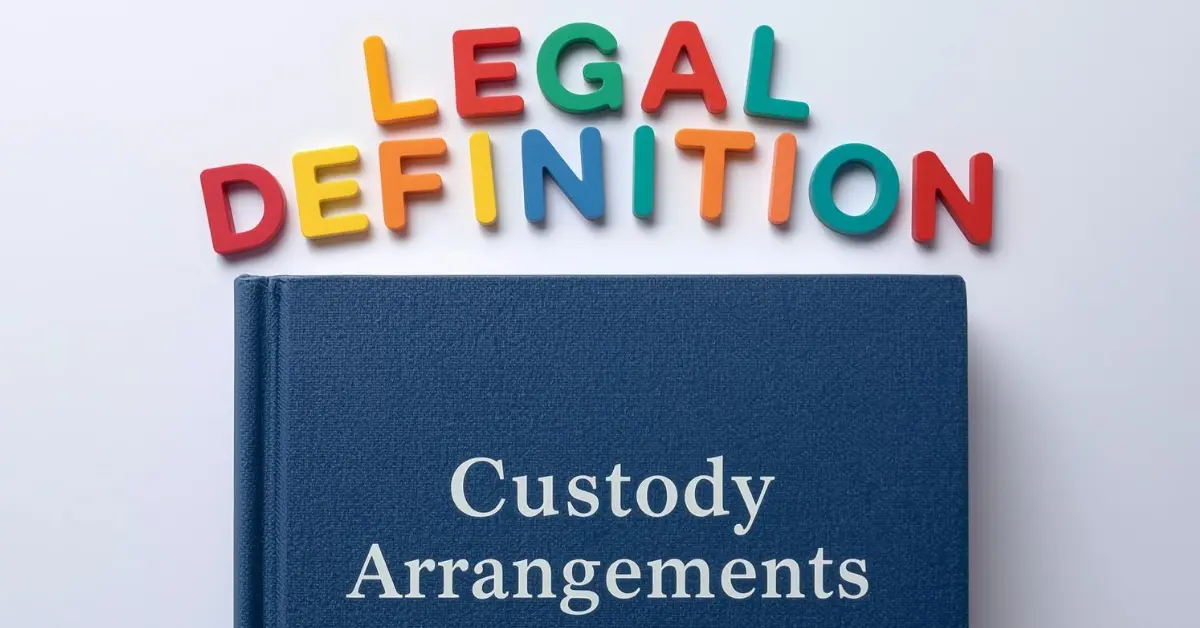Family law encompasses legal issues such as divorce, child custody, spousal support, and property division.
These matters can significantly impact your life, making it essential to find the right attorney. Whether you’re in the U.S. or Canada, hiring a skilled family law attorney can ensure that your rights are protected and the best possible outcome is achieved.
Choosing the right attorney is crucial. From understanding the specifics of your legal needs to finding an experienced professional, the process involves several critical steps. This article will guide you through these steps and provide tips on how to find a qualified family law attorney.
Understand Your Legal Needs
Family law attorneys specialize in a variety of legal areas, including divorce, child custody, property division, and spousal support. It’s essential to determine what type of legal help you need.
For example, if you’re dealing with a child custody case, you’ll want to find an attorney experienced in custody disputes and creating parenting plans. Similarly, for complex divorces, an attorney skilled in property division and spousal support will be most helpful.
Family law attorneys play a vital role in helping clients navigate emotionally charged legal situations. They advocate for their clients, provide legal advice, and represent them in court if necessary. Their primary responsibility is to resolve family disputes while protecting their clients’ legal rights.
Research and Referrals
The next step in finding a good family law attorney is doing thorough research. Begin by checking resources like the American Bar Association’s Lawyer Referral Directory or the Canadian Bar Association if you’re in Canada. These directories are excellent starting points for finding local attorneys with family law expertise.
Asking friends, family members, or colleagues for recommendations can also be helpful. Personal referrals often lead to finding reliable and trusted attorneys who have proven successful in similar cases.
Additionally, using online legal directories, like Avvo or FindLaw, allows you to read client reviews and check the attorney’s ratings before making a decision.
Evaluating Experience and Expertise
When evaluating potential attorneys, it’s essential to consider their experience and area of expertise. For example, if your case involves child custody, you want a lawyer who has handled custody disputes successfully.
Similarly, if you’re going through a divorce with complex financial matters, look for someone with experience in property division and alimony cases.
Ensure that the attorney is familiar with local family law practices, as these can vary significantly between jurisdictions. In Canada, for instance, family law is governed provincially, so it’s crucial to choose a lawyer who understands the provincial family law framework in your area.
Check Credentials and Reviews
Before making any decisions, verify the lawyer’s credentials. Check if they are members of relevant professional associations, such as the American Bar Association in the U.S. or the Law Society of Ontario in Canada.
Membership in these organizations often signifies that the attorney meets the necessary qualifications and maintains ethical standards.
Reading client reviews and testimonials is another effective way to gauge an attorney’s reputation. Most law firm websites include a section with client feedback. Charles Ullman, a respected family law attorney, emphasizes the importance of client satisfaction and testimonials when choosing a lawyer.
Schedule Consultations
Once you’ve narrowed down your options, schedule consultations with the prospective attorneys.
Most attorneys offer an initial consultation to discuss your case and provide advice. During these consultations, inquire about the lawyer’s approach to handling your case, their communication style, and their fee structure.
It’s essential to assess their responsiveness. A good family law attorney will listen to your concerns and provide clear answers. Make sure to ask how frequently you can expect updates on your case and whether the lawyer prefers email, phone, or in-person meetings for communication.
Make a Decision Based on Compatibility
Finally, after meeting with potential attorneys, trust your instincts. It’s important to choose someone you feel comfortable with since family law cases often involve sharing personal and emotional details.
Consider factors such as their level of communication, transparency, and whether they respect your goals and values.
Ensure that the attorney provides clear legal strategies and is upfront about costs. Family law cases can be emotionally challenging, so it’s vital to find an attorney who is both empathetic and skilled in navigating difficult family dynamics.
Conclusion
Finding the right family law attorney requires patience, research, and careful consideration. Whether you’re dealing with a divorce, child custody, or any other family legal matter, the attorney you choose can make a significant difference in the outcome of your case.
Take the time to evaluate your legal needs, seek recommendations, check credentials, and schedule consultations before making your final decision.
By following these steps, you’ll be in a better position to find a lawyer who will advocate for your best interests.




